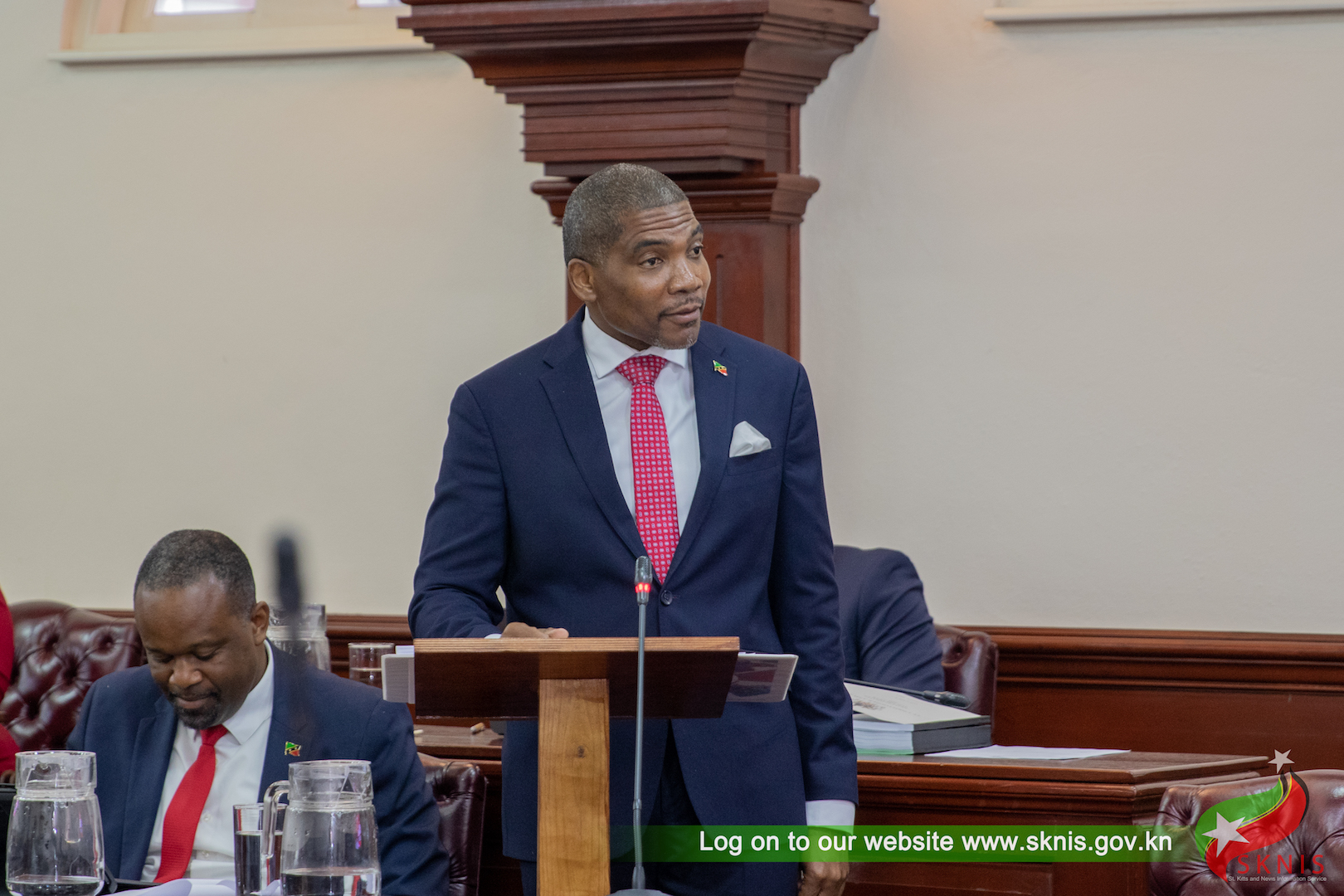Former Prime Minister Harris’s Administration Proposed 84% Ministerial Salary Increase, Highlights Current PM Drew.
The 2025 Appropriation Bill debate in St. Kitts and Nevis sparked controversy surrounding proposed salary increases for government ministers. Prime Minister Hon. Dr. Terrance Drew addressed these concerns head-on, revealing that the adjustments were not a novel initiative of his administration but rather a plan inherited from the previous administration led by Timothy Harris. PM Drew presented evidence from the 2022 budget estimates, demonstrating that the former Prime Minister had not only envisioned but also formally presented to Parliament an 84% phased increase in ministerial salaries over three years. This revelation directly contradicted Harris’s public criticisms of the Drew administration, exposing a degree of hypocrisy in his characterization of the salary adjustments as an “egregious act.”
Prime Minister Drew underscored the principles of transparency and fairness that guided his administration’s decision to implement the pre-existing plan. He emphasized the importance of aligning ministerial salaries with the responsibilities and compensation of senior civil servants. The previous salary structure presented an anomaly where Permanent Secretaries and Directors, who report to ministers, often earned more than the ministers themselves. This created an imbalance that the adjustments sought to rectify. PM Drew argued that failing to implement the planned increases would have perpetuated an inequitable situation and undermined the principle of fair compensation based on responsibility. He emphasized that the decision was rooted in ensuring equity within the government structure, not personal enrichment.
The documented evidence from the Ministry of Finance corroborated PM Drew’s assertions, clearly outlining the phased approach to ministerial salary increases planned by the former administration. This countered Harris’s claims and substantiated the argument that the current administration was simply enacting a pre-approved plan. The Prime Minister reiterated his commitment to transparency, contrasting his government’s open approach with the perceived secrecy of the previous administration. He stressed that all decisions made by his administration were driven by the best interests of the people of St. Kitts and Nevis. The salary adjustments were thus framed not as a discretionary spending increase but as a necessary measure to correct a structural imbalance within the government.
The Prime Minister’s address sought to dispel the misconceptions surrounding the salary increases, emphasizing that the decision was not a spontaneous act of the current administration. By providing concrete evidence and a clear rationale, PM Drew aimed to reassure the public of his government’s commitment to transparency and responsible governance. He further underscored the hypocrisy of the former Prime Minister’s criticism, positioning the current administration as one committed to upholding fairness and equity within the government structure. This emphasis on transparency served to build public trust and counter the narrative being propagated by the opposition.
Beyond the salary adjustments, Prime Minister Drew highlighted the broader goals of the 2025 budget, emphasizing its focus on economic diversification, sustainable development, and social equity. He presented the budget as a roadmap for “powering progress” and building a resilient and inclusive economy, aligning with the national vision of a prosperous future for all citizens. The Prime Minister encouraged public engagement with the budget document, directing citizens to credible sources like the St. Kitts and Nevis Information Service (SKNIS) website for comprehensive information. This invitation to public scrutiny further reinforced the administration’s commitment to transparency and accountability.
In essence, Prime Minister Drew’s address aimed to clarify the context surrounding the ministerial salary increases, framing them as a legacy issue inherited from the previous administration rather than a new policy. He underlined the importance of these adjustments in establishing a fair and equitable compensation structure within the government. Furthermore, he emphasized the broader goals of the 2025 budget, positioning it as a strategic plan for national development and progress. By promoting transparency and encouraging public engagement, the Prime Minister sought to build trust and demonstrate his administration’s commitment to the well-being of the citizens of St. Kitts and Nevis. The ministerial salary adjustments served as a microcosm of the larger narrative of responsible governance and forward-thinking economic policy that PM Drew aimed to project.
Share this content:












Post Comment